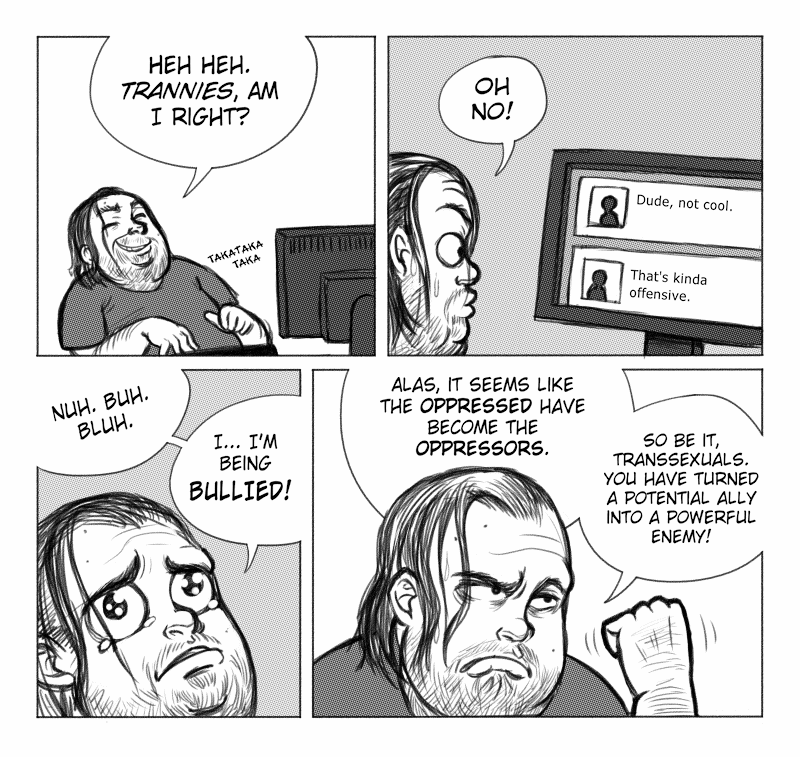

According to the report from Columbia University, the most commonly identified goal for an institution to offer a MOOC is extending the reach of the institution to a wider audience and improving access to education.
The courseforum saved courses professional#
Millions of learners with different professional backgrounds and motivations came from different countries and gathered in the same “classroom” therefore, higher education is broadened to an unprecedented worldwide range. The xMOOCs have attracted tremendous numbers of users and have played an increasingly important role in online learning. xMOOCs focus on concise, targeted short videos rather than full-length lectures and use automated testing to check students' understanding as they work through the content. An advantage of xMOOCs is that they significantly broaden the number of students who can be exposed to university-level courses. However, the xMOOCs such as Coursera ( ), edX ( ), and Udacity ( ) platforms have grabbed the spotlight from 2012 even though critics of xMOOCs argue that xMOOCs are inferior to the university courses they mimic because they eliminate teacher-student interactions and involve limited student-student interactions. Based on the idea that learning happens within a network, where learners use digital platforms such as blogs, wikis, social media platforms to make connections with content, learners can create and construct knowledge by themselves. The “c” in cMOOC stands for connectivist. In 2008, George Siemens and Stephen Downes opened up a course called Connectivism and Connective Knowledge Online Course (CCK08). Currently, there are two different types of MOOCs: cMOOCs and xMOOCs. The courses are also online, accessed on the Web, and are massive, requiring a significant number of students to contribute to a connected learning environment. The term “MOOC” is defined as a course that is open with no barriers to entry, neither cost nor education criteria.
The courseforum saved courses free#
Massive open online courses (MOOCs) provide free learning opportunities for worldwide people. The experiment results show that our method achieves better performance than recommending method only based on content information. Finally, a social network was constructed based on their activities in the course forum, and the relationship in the network was then employed to recommend study partners for target learner combined with their behavior features and course knowledge awareness. Then we proposed a topic model to measure learners' course knowledge awareness. By analyzing the content of messages posted by learners in course discussion forum, we investigated the learners' behavior features to classify the learners into three groups. In order to keep them staying in the course, thereby further improving the completion rate, we address the task of study partner recommendation for students based on both content information and social network information. One of the reasons for students to quit learning process is problems which they face that could not be solved by discussing them with classmates. However, with contrast to large scale enrollment, the completion rate of these courses is really low. Massive open online courses (MOOCs) provide an opportunity for people to access free courses offered by top universities in the world and therefore attracted great attention and engagement from college teachers and students.


 0 kommentar(er)
0 kommentar(er)
